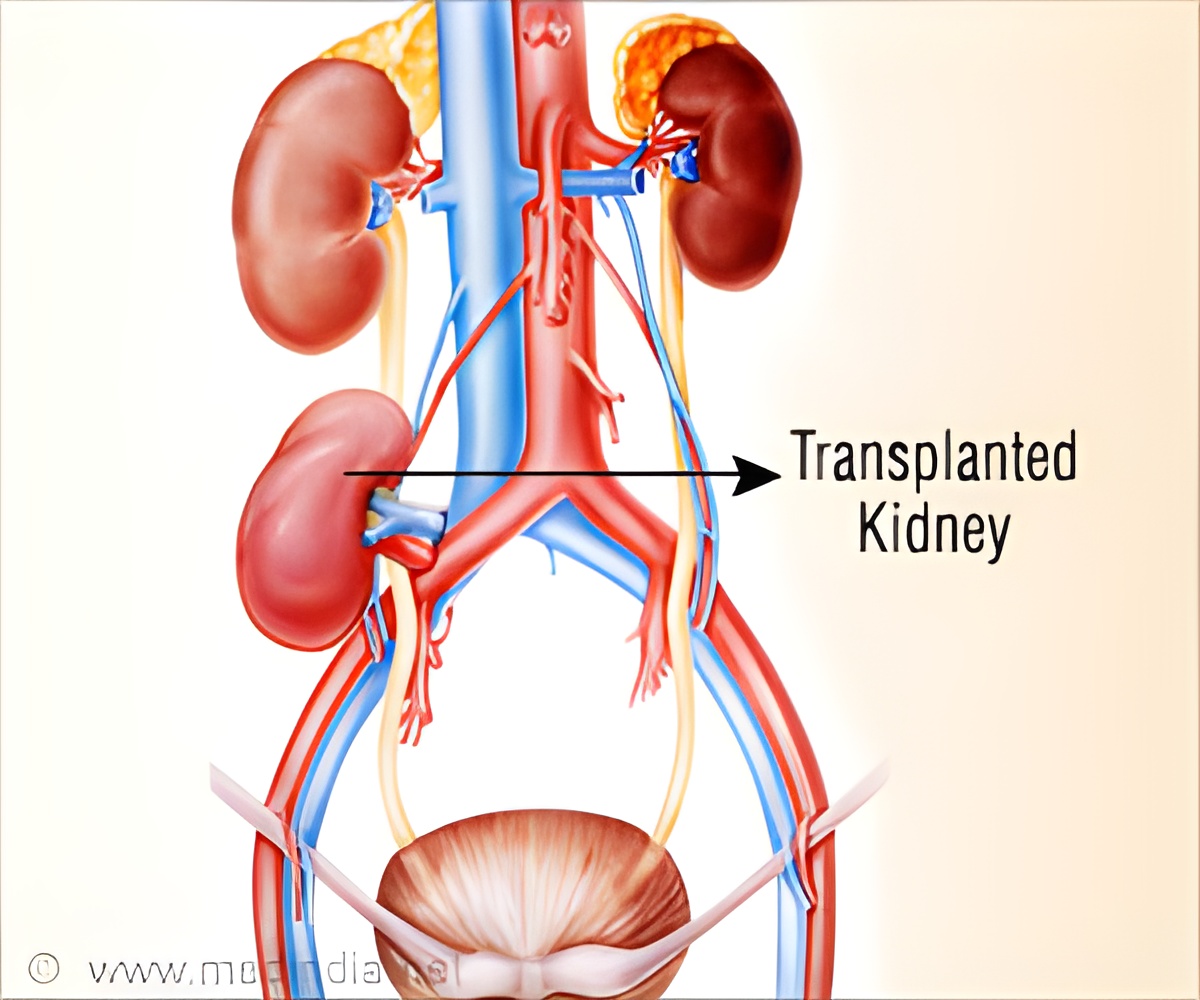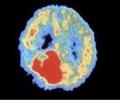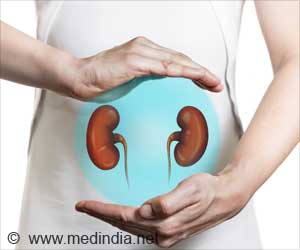Toxoplasma-infected kidney donors pose no risk to transplant recipients as per a study; hope for increased donor availability and reduced waiting time.

Outcomes of Kidney Transplants From Toxoplasma-Positive Donors: An Organ Procurement and Transplant Network Database Analysis
Go to source).
TOP INSIGHT
Did You Know?
Toxoplasmosis is an infection caused by a parasite known as Toxoplasma gondii. It is the primary cause of deaths associated with foodborne illnesses in the United States. #toxoplasma #kidneytransplant #medindia
Differences in Approach Amongst the Centers
Toxoplasma is a common parasite that usually does not harm healthy individuals. However, those with weak immune systems, like kidney transplant recipients, are at higher risk. Toxoplasmosis has a potential to be transmitted via the transplanted kidney, potentially reactivating a dormant infection in the kidney recipient.There is significant inconsistency among transplant centers regarding the acceptance of TPD kidneys, with some centers accepting them while others choose to reject them.
“We conducted this study because, about a year ago, there was a positive donor and the team did not want to use that kidney for one of our pediatric patients, so we didn’t accept it,” Butani said. “But we realized, we just didn’t have the data to know if that was the correct decision.”
Comparing Rejection Rates and Graft Failure Between the Two Types of Donors
The research evaluated 51,000 transplant cases sourced from the Organ Procurement and Transplantation Network database. Among these, 4,300 were classified as TPD. The findings showed that the rates of rejection and graft failure were identical at 5%, for both TPD and non-TPD kidneys. Other metrics showed comparable results, suggesting that TPD kidneys did not present any extra risk.“In transplants, kidneys are the greatest need,” Butani said. “Because of increased diabetes, high blood pressure and other conditions, the wait list just gets progressively longer. We hope these findings will help increase the supply of donor kidneys.”
- Outcomes of Kidney Transplants From Toxoplasma-Positive Donors: An Organ Procurement and Transplant Network Database Analysis - (https://www.frontierspartnerships.org/articles/10.3389/ti.2024.13203/full)
Source-Medindia
 MEDINDIA
MEDINDIA



 Email
Email










